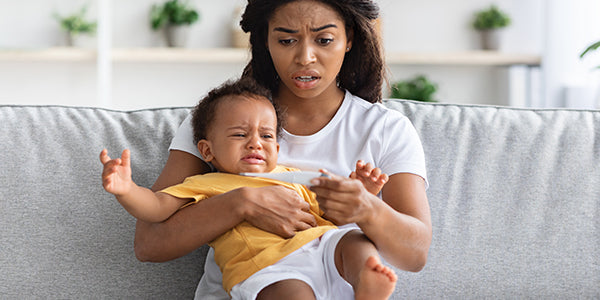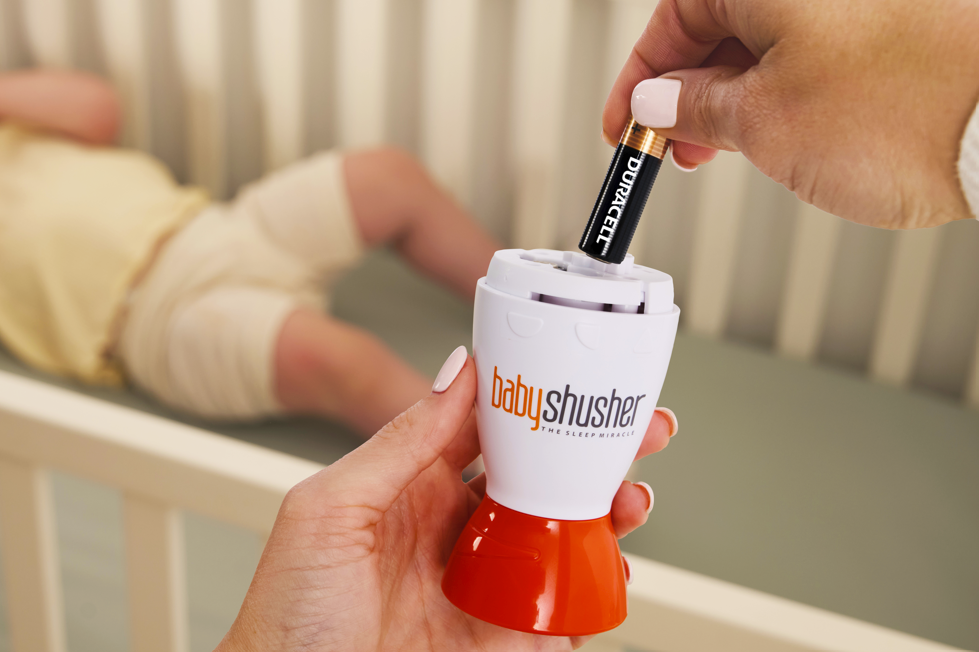Seeing your baby with a fever can be a worrisome experience for any parent. However, it's important to remember that fever is often the body's natural response to infections and illnesses. In this blog, we'll provide you with a comprehensive guide on what to do when your baby has a fever, including when to seek medical attention and how to keep your little one comfortable during this challenging time.
1. When To Seek Medical Attention
If your baby is younger than three months and has a fever of 100.4°F (38°C) or higher, seek medical attention promptly, as infants in this age group are at higher risk of serious infections. Also, if your baby's fever persists for more than a day or two, consult your pediatrician for a thorough evaluation.
2. Confirm the Fever
The first step is to confirm whether your baby has a fever. Use a reliable digital thermometer to take their temperature. In babies, a rectal temperature reading is the most accurate method. A fever is generally considered to be a rectal temperature of 100.4°F (38°C) or higher.
3. Stay Calm
Seeing your baby unwell can be distressing, but it's essential to stay calm. Most fevers in babies are caused by viral infections, which tend to resolve on their own. Your composed demeanor can help reassure your baby and prevent them from feeling more anxious.
4. Keep Them Hydrated
Fever can lead to increased fluid loss through sweating and faster breathing. Make sure your baby stays well-hydrated by offering breast milk or formula more frequently. If your baby is older than six months, you can also offer small sips of water.
5. Dress Lightly
Dress your baby in lightweight, breathable clothing to prevent overheating. Avoid bundling them up too much, as this can exacerbate the fever.
6. Use Fever-Reducing Medication (Under Guidance)
If your baby is uncomfortable or in pain due to the fever, you can consider using fever-reducing medication like acetaminophen (Tylenol) or ibuprofen (Advil or Motrin). However, always consult with your pediatrician before administering any medication to ensure it's safe and appropriate for your baby's age and weight.
7. Monitor Their Temperature
Continue monitoring your baby's temperature regularly, especially if they have a high fever. This will help you track the fever's progress and determine whether it's responding to treatment or if medical attention is needed.
8. Create a Comforting Environment
Keep your baby comfortable by maintaining a cool, well-ventilated room. Use a fan or air conditioning to help regulate the temperature. Provide a comfortable sleeping environment with a clean crib and soft bedding.
9. Trust Your Instincts
As a parent, you know your baby best. If you notice any alarming symptoms such as difficulty breathing, severe lethargy, persistent vomiting, a rash, or a fever that doesn't respond to medication, contact your pediatrician immediately or seek emergency medical care.

